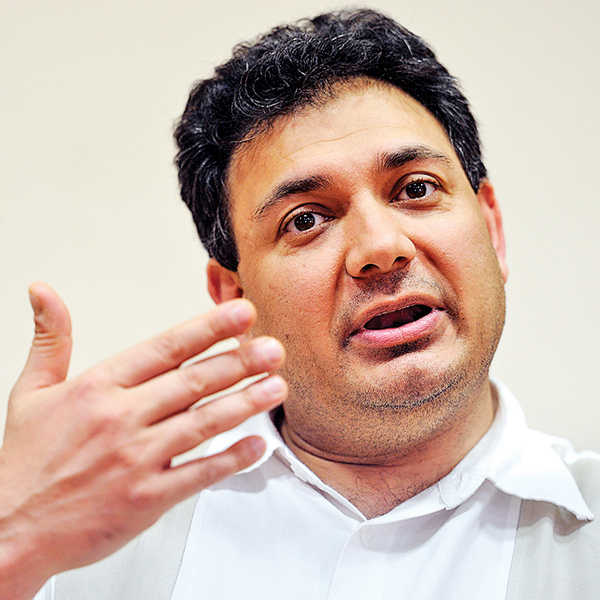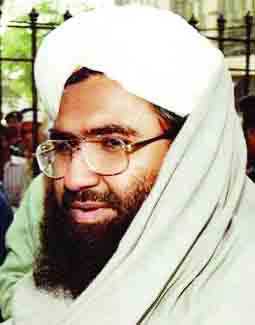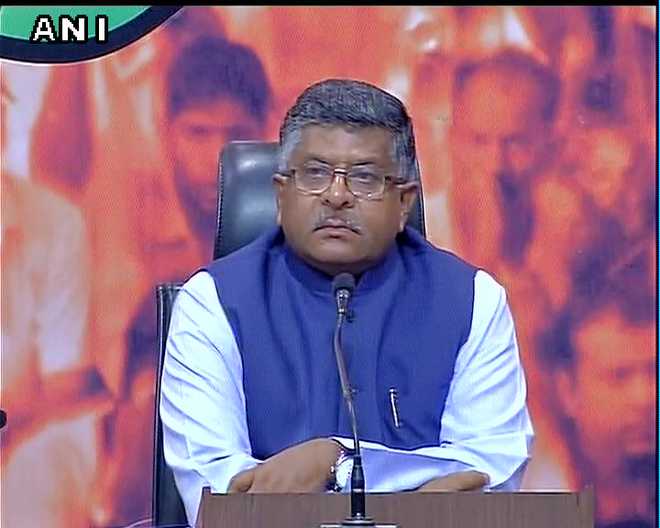
After 18 soldiers were killed in the attack on the Army camp in Uri on September 18, the government made up its mind that it could not be business as usual with Pakistan, conversations with top defence, intelligence and diplomatic officials indicate.
Areas that are generally used to infiltrate militants across the Line of Control were studied. Around ten sites were identified across the LoC as possible targets. The military operations directorate finally chose four: Bhimber and Hot Springs in the Poonch-Rajouri sector, Leepa opposite Baramulla and Kel that faces the Kupwara sector.
The government decided that a strike would be carried out only if it detected plans to infiltrate militants across these four sectors. The Research and Analysis Wing chief and his key officer in charge of Pakistan were asked to gather intelligence from the ground, while the technical intelligence agency, the National Technical Research Organisation, was asked to monitor satellite imagery to detect any movement of the sort associated with infiltration bids.
Both agencies reported activity from these sectors, helping the army’s military operations directorate to firm up its plans to carry out its strikes by Tuesday. While strikes across the LoC have been carried out in the past, this was the first time that so much intelligence wherewithal was pressed into service to plan for the operations.
The Indian Army’s 25th Division in Rajouri on the Jammu axis, 19th Division in Baramulla and the 28th Division in Kupwara were designated as the formations that would help stage this combined operation involving Special Forces teams with artillery and missile units, military officials said. Four teams from the two Special Forces units had been in the designated areas days in advance, in anticipation of the raids.
The strikes and after
In the early hours of Thursday, four teams from two Indian Army Special Forces units quietly slipped across the Line of Control in four places to carry out “surgical strikes”, according to informed officials. Between 18 to 30 militants and two Pakistani soldiers were killed in the cross-LoC raids, as per initial reports.
The strikes were made public by the Joint Secretary in the Ministry of External Affairs, Vikas Swarup, along with the Director General of Military Operations, Lt Gen Ranbir Singh, at a press conference on Thursday morning. The last time India saw a joint press conference by the ministries of defence and external affairs was during the Kargil war in 1999, when Prime Minister Atal Behari Vajpayee was heading the National Democratic Alliance government.
The decision to announce the surgical strikes was taken by Prime Minister Narendra Modi, who chaired a meeting of the Cabinet Committee on Security on Thursday morning. The meeting was called after the army communicated to the government that the operation was successful.
While one of the Special Forces units is a veteran of similar operations in Jammu & Kashmir, the other unit was converted a decade ago and is relatively new. Four teams from the two battalions were transported by military helicopters to the launch areas a few days ago to ensure operational secrecy as well as to give them time to plan for the raids, senior military officials said.
Even the local military commanders were kept in the dark and only the Divisional Commanders were briefed in the initial stages, with the Northern Army Commander designated as the military commander on ground. Some of these plans were firmed up when the army chief, General Dalbir Singh Suhag visited Northern Command after the Uri attack.
In New Delhi, the National Security Advisor, Ajit Doval held several meetings with the three service chiefs to ensure that the military had adequate “actionable intelligence” to carry out the strikes. Other major military formations in the Punjab and Rajasthan sectors were briefed on Wednesday, in case the surgical strikes led to an escalation.
The Indian Air Force and Naval chiefs were instructed to keep their forces on high alert in case Pakistan reacted to the planned strikes. In fact, all the villages within 10 kms of the international border have been evacuated as a precautionary measure to ensure that the Indian Army could react to any Pakistani escalation in this sector. The daily flag-lowering beating retreat ceremony at the Wagah border was also called off as soon as the surgical strikes were announced in Delhi.
Actionable intelligence
These surgical strikes are not the first of their kind that India has carried out across the LoC. While the Vajpayee government took a clear decision not to allow the Indian forces to cross the LoC during the Kargil war, Indian Special Forces carried out several raids between 2000 and 2003. However, after the November 2003 ceasefire, such raids had been called off. Some Special Forces raids were renewed after 2012 when Pakistani troops raided Indian army posts and beheaded Indian soldiers in some cross-LoC operations.
Most of the earlier operations were local military actions, held either at the Corps or Divisional level, with local intelligence units being assigned with gathering information before strikes. This time, the R&AW was specifically tasked by the National Security Advisor to gather actionable intelligence, which could be used to carry out pinpoint strikes with minimum casualties. A conscious decision was also taken to target militants rather that the Pakistani army to ensure that the situation did not escalate. The R&AW chief and his key team that works on Pakistan under an Additional Secretary spent days poring over reports and gathering intelligence that would finally shape the surgical strikes, conversations with officials revealed.
“We have had strikes earlier, but those were mostly local,” Lieutenant General Hardev Singh Lidder, a former Chief of Integrated Defence Staff and a veteran Special Forces officer told Scroll.in. “This is the first time that strikes were carried out as a national policy, which is significant.”
Veteran Congress leader Ghulam Nabi Azad, who attended an All-Party meeting called by the government on Thursday evening, told news channels that Indian troops had “returned safely” after the operation, expressing satisfaction that Special Forces had carried out the raids, working closely with Indian intelligence.
Lieutenant General Ranbir Singh also called up his Pakistani counterpart, Major General Sahir Shamshad Mirza, who had taken over recently as Director General of Military Operations after his predecessor was promoted as a Corps Commander, to inform him that India had struck at militants preparing to cross the LoC and was prepared to do so again if there were further attempts, according to military officials.
Information warfare
The decision to go public with a high-profile joint official briefing by top defence and external affairs ministry officials was taken by the prime minister on inputs from the National Security Advisor. The decision was, in fact, bolstered by a call from the American National Security Advisor, Susan Rice, to her Indian counterpart Ajit Doval on Thursday morning, that was also prompted by the Indian action across the LoC. The idea was to send out a military and diplomatic message to the international community that New Delhi would no longer be held back by “strategic restraint” in the eventuality of further attacks.
The Indian ambassador had been briefed to inform the US State Department about the raids once it was complete and Rice called up Doval to ensure that there was no further escalation. Doval assured her that New Delhi would not take any further action if Islamabad did not escalate matters, according to government officials who were privy to the call. He also asked her to convey to Pakistan that India would be prepared to meet any eventuality.
In some ways, as a senior diplomat described the phone conversation between the two National Security Advisors, India was calling the Pakistani military’s bluff. It was also pointed out that American Special Forces had carried out a raid on Abbottabad to kill Osama Bin Laden in 2011.
The Indian military action is “legitimate in the eyes of international law”, said Supreme Court advocate and Constitutional expert, Menaka Guruswamy. “It allows for surgical strikes against terror cells, including preemptive strikes, especially if [a] host [nation] has been warned previously,” she told Scroll.in.
It was also decided at the Cabinet Committee on Security meeting that besides informing other political leaders, the Army chief would also give a more detailed briefing to former chiefs and army veterans who write in the press regularly, to ensure that the narrative was consistent and factual.
In the coming days, it is almost certain that India will also withdraw the Most Favoured Nation status that was given to Pakistan. India will also intensify its diplomatic push, this time backed by a military resolve, to press for isolating Pakistan until it agrees to cease any further terror strikes.


























































































































